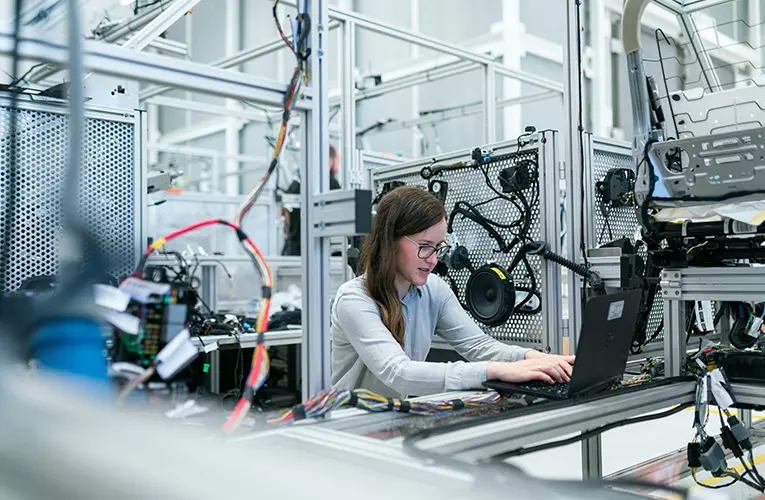“Future of Mobility: Electric Cars and Beyond”
Future of Mobility: Electric Cars and Beyond
Introduction
The automotive industry is undergoing a significant transformation, with electric vehicles (EVs) taking center stage. As concerns about climate change and sustainability grow, EVs are becoming increasingly popular and accessible. Let’s explore the future of mobility and the exciting developments in the electric vehicle market.
The Rise of Electric Vehicles
- Environmental Benefits: EVs produce zero tailpipe emissions, contributing to cleaner air and reduced greenhouse gas emissions.
- Energy Efficiency: EVs are generally more energy-efficient than traditional gasoline-powered cars, leading to lower fuel costs.
- Technological Advancements: Advances in battery technology and charging infrastructure are making EVs more practical and convenient.
- Government Incentives: Many governments are offering incentives, such as tax credits and rebates, to encourage the adoption of EVs.
Beyond Electric Vehicles
- Autonomous Driving: Self-driving cars are becoming a reality, with features like adaptive cruise control and lane-keeping assist already available in many models.
- Hydrogen Fuel Cell Vehicles: Hydrogen fuel cell vehicles offer a longer range and faster refueling times compared to EVs, but infrastructure development is still in its early stages.
- Shared Mobility: Ride-sharing services and car-sharing platforms are changing the way we think about transportation.
- Urban Mobility: Cities are investing in infrastructure and technology to promote sustainable and efficient urban mobility.
Challenges and Opportunities
- Infrastructure: The development of charging infrastructure for EVs is crucial for widespread adoption.
- Battery Technology: Improving battery range, charging speed, and cost is essential for the future of EVs.
- Regulatory Framework: Governments need to establish clear regulations and incentives to support the transition to electric vehicles.
- Consumer Acceptance: Overcoming consumer concerns about range anxiety and initial costs is important for the success of EVs.
Conclusion
The future of mobility is exciting and full of possibilities. Electric vehicles are leading the way, but other innovative technologies and transportation solutions are also emerging. As we continue to address the challenges and capitalize on the opportunities, the way we travel and commute is likely to change significantly in the coming years.










